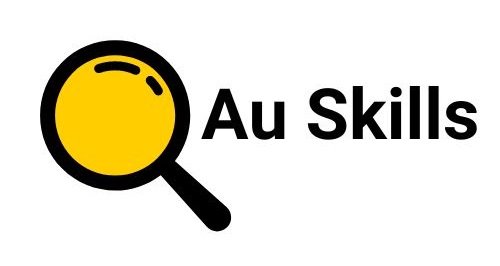Mental Health First Aid Training: Why It Matters in the Workplace
Workplace mental health is an essential part of overall well-being that often gets neglected. Mental Health First Aid Australia reports that annually, one in every five Australians experiences some form of mental health issues, implying that mental illnesses touch every Australian's life, directly or indirectly. Consequently, it's likely that everyone will encounter someone dealing with a mental health challenge, be it a family member, a friend, or a coworker.
One in every five Australians experiences some form of mental health issues
Unfortunately, a considerable number of people lack the knowledge to identify or respond effectively to an individual battling a mental health problem, coping with the escalation of an existing mental health issue, or experiencing a mental health crisis. This deficiency can lead to neglected early intervention opportunities, heightened stigma, and discrimination, diminished productivity and performance, and elevated absenteeism and staff turnover.
The Role of Mental Health First Aid (MHFA) in Addressing Workplace Mental Health
This is where Mental Health First Aid (MHFA) training steps in. MHFA is an instructional program focused on early intervention and skills-building, equipping learners with the know-how to support those undergoing mental health crises or problems until they receive appropriate professional aid or the situation improves. In essence, MHFA, like physical first aid, is given until the individual obtains professional support or the crisis resolves.
The training offered in MHFA addresses an array of prevalent mental health issues, including depression, anxiety, psychosis, and substance misuse disorders. It also deals with mental health crises such as suicidal tendencies and actions, self-injury not associated with suicidal intent, panic attacks, traumatic incidents, and severe psychotic states. Furthermore, the training program introduces learners to a five-point action plan, guiding them on effectively listening, connecting, and supporting someone in a mental health crisis.
Explore Downer's Journey to Implementing Mental Health Training in Their Organisation - A Case Study
Practical Benefits of MHFA Training for Individuals and Organisations
Undertaking MHFA training can yield several benefits, including:
Enhanced comprehension and consciousness of mental health issues and their indicators
Elevated confidence and ability to engage and assist someone dealing with a mental health problem or crisis
Greater capacity to provide suitable referrals and resources to those requiring professional help
Heightened empathy and understanding of the experiences and viewpoints of individuals with mental health problems
Reduced bias and prejudice towards people with mental health problems
Improved personal mental health care strategies and resilience
MHFA training is apt for anyone interested in learning how to support individuals dealing with a mental health problem or crisis. However, it's particularly valuable for those employed in roles where they frequently interact with others, such as managers, HR professionals, teachers, therapists, healthcare workers, customer service staff, and more.
Organisations offering MHFA training to their staff stand to gain:
Betterment of workplace atmosphere that encourages mental health awareness and support
Boosted employee engagement, morale, and satisfaction
Decreased workplace stress and conflict
Improved employee retention and loyalty
Lowered expenses related to absenteeism, presenteeism, and staff turnover
Strengthened reputation and social accountability
Accredited trainers, such as Au Skills partner RTO Essential Training who have undergone rigorous training from Mental Health First Aid Australia deliver MHFA training.
The increasing prevalence of mental health issues in our society makes it clear that mental health first aid isn't just a 'nice-to-have'; it's a necessity. Beyond helping individuals on a personal level, the implementation of MHFA training within an organisation can play a crucial role in creating an empathetic, understanding, and responsive workplace culture that fosters mental well-being for all.
The power to initiate a life-changing, or possibly life-saving, conversation is within us all. Equipping oneself with the necessary tools through MHFA training can not only make you a better coworker, friend, or family member, but it can also contribute to the broader social mission of reducing stigma and discrimination associated with mental health issues.
To book your spot on the upcoming training, or organise a class for your organisation, visit Essential Training or email to explore your individual business needs.
Useful Resources for Further Exploration
Beyond Blue | 24/7 Support for Anxiety, Depression and Suicide Prevention
MATES - Industry Based Suicide Prevention - Mates in Construction
headspace National Youth Mental Health Foundation
The 30 Top Mental Health Organisations in Australia (australiacounselling.com.au)


